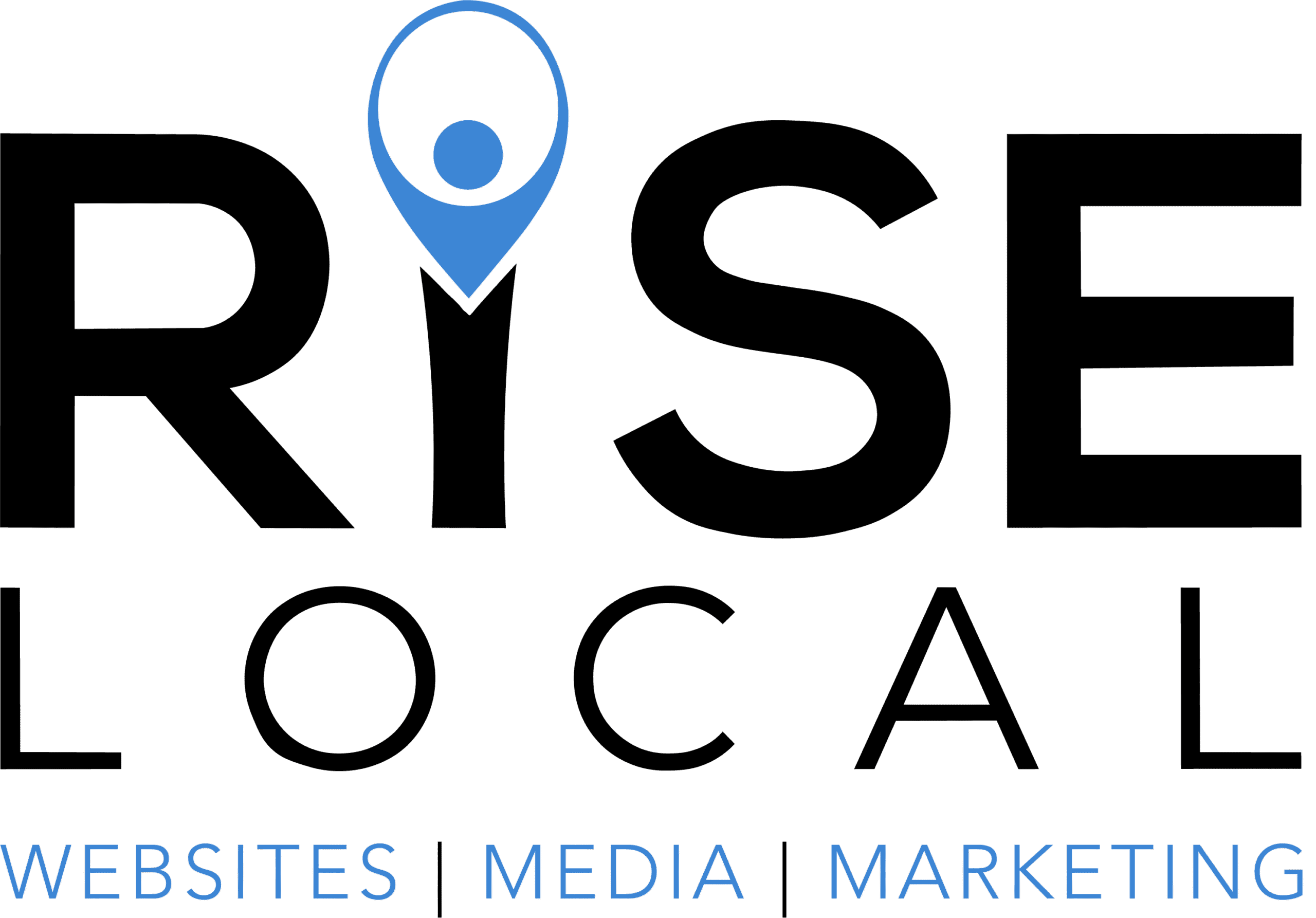Google E-E-A-T: The New Standard for Content Success
In the ever-evolving world of search engine optimization, Google’s E-E-A-T (Experience, Expertise, Authoritativeness, and Trustworthiness) has emerged as a critical framework for ranking content. This enhanced Quality Ranking System emphasizes the importance of high-quality, reliable, and user-focused content. If your content doesn’t meet these standards, it risks being outranked by competitors who do.
In this guide, we’ll explore what E-E-A-T means, how it impacts your content strategy, and how to leverage these principles to establish your website as a trusted authority in your field.
What Is E-E-A-T?
E-E-A-T is Google’s rubric for evaluating the quality of content, particularly in industries where Your Money or Your Life (YMYL) content—like health, finance, or legal advice—can significantly impact readers. Here’s what each component entails:
- Experience: Does the content creator demonstrate firsthand knowledge of the subject?
- Expertise: Is the author an expert in the field, with the credentials to back it up?
- Authoritativeness: Does the website or individual have a recognized reputation in the industry?
- Trustworthiness: Is the content accurate, honest, and supported by credible sources?
These factors collectively ensure users get accurate, actionable, and safe information—something Google prioritizes now more than ever.
Why Is E-E-A-T Important?
E-E-A-T isn’t just a buzzword; it’s a cornerstone of Google’s commitment to improving the user experience. By prioritizing content that aligns with these principles, Google:
- Promotes accurate and reliable information.
- Reduces the spread of misinformation, particularly in critical industries.
- Rewards websites that provide real value to users.
For businesses, this means aligning with E-E-A-T is non-negotiable if you want to rank competitively in search engine results.
How Google Evaluates E-E-A-T
- Experience: Google values content created by individuals with firsthand experience in a topic. For instance:
- A personal blog post about managing diabetes may rank higher if the author shares their lived experience with the condition.
- A restaurant review from someone who dined there carries more weight than generic reviews.
- Expertise: Credentials matter, particularly for YMYL content. Google assesses:
- Whether the author is qualified in the subject matter (e.g., a licensed doctor writing about health conditions).
- The depth and accuracy of the information presented.
- Authoritativeness: Authority is built through:
- Backlinks from reputable sources.
- Consistent content production that demonstrates expertise over time.
- Recognition within your industry (e.g., awards, publications, or partnerships).
- Trustworthiness: Trust is paramount for user confidence. To build trust:
- Ensure content is well-sourced and fact-checked.
- Maintain transparency with accurate About Us sections and author bios.
- Use HTTPS protocols to secure your website.
How to Align Your Content with E-E-A-T
1. Showcase Author Expertise
- Include author bios with credentials and professional experience.
- Highlight awards, certifications, or relevant experience to establish credibility.
- For user-generated content or reviews, verify contributors’ authenticity.
2. Build Trust Through Transparency
- Create detailed About Us pages that explain your mission and values.
- Ensure contact information and business details are up-to-date.
- Respond to reviews and feedback to demonstrate engagement and accountability.
3. Leverage Firsthand Experience
- Share personal stories, case studies, and real-life examples that showcase your firsthand knowledge.
- Incorporate visuals like photos or videos that validate your experience (e.g., a contractor showcasing completed projects).
4. Publish High-Quality, Well-Sourced Content
- Use reputable sources and link to them within your content.
- Regularly update content to ensure it’s accurate and relevant.
- Avoid clickbait or sensationalized headlines—focus on substance over style.
5. Optimize for Reputation Management
- Monitor online reviews and proactively address any negative feedback.
- Build backlinks from high-authority websites to enhance credibility.
- Stay active on social media to engage with your audience and showcase your expertise.
E-E-A-T vs. SEO: The Connection
While traditional SEO focuses on keywords and technical optimization, E-E-A-T emphasizes content quality and credibility. To succeed, your strategy must integrate both:
- Use SEO best practices to ensure your content is discoverable.
- Align with E-E-A-T to ensure it’s favored by Google’s algorithms once discovered.
E-E-A-T in Action: A Case Study
Consider a local business offering financial planning services. To align with E-E-A-T, they:
- Publish blog posts written by certified financial advisors.
- Include client testimonials showcasing real-life success stories.
- Regularly update articles to reflect changes in tax laws or financial regulations.
- Build backlinks from reputable financial organizations.
The result? Improved rankings, greater user trust, and higher conversions.
E-E-A-T Is Here to Stay
Google’s E-E-A-T framework underscores the importance of producing content that is accurate, reliable, and valuable. By aligning with these principles, your business can establish itself as a trusted authority and reap the rewards of increased visibility and user trust.
Work with Rise Local to Optimize Your Content
At Rise Local, we’ve been helping businesses craft authoritative, high-quality content for years. Whether you’re a small business or a large organization, we can help you align with Google’s E-E-A-T principles to maximize your online performance.
Contact us today to create content that not only ranks but builds trust and authority in your industry.
